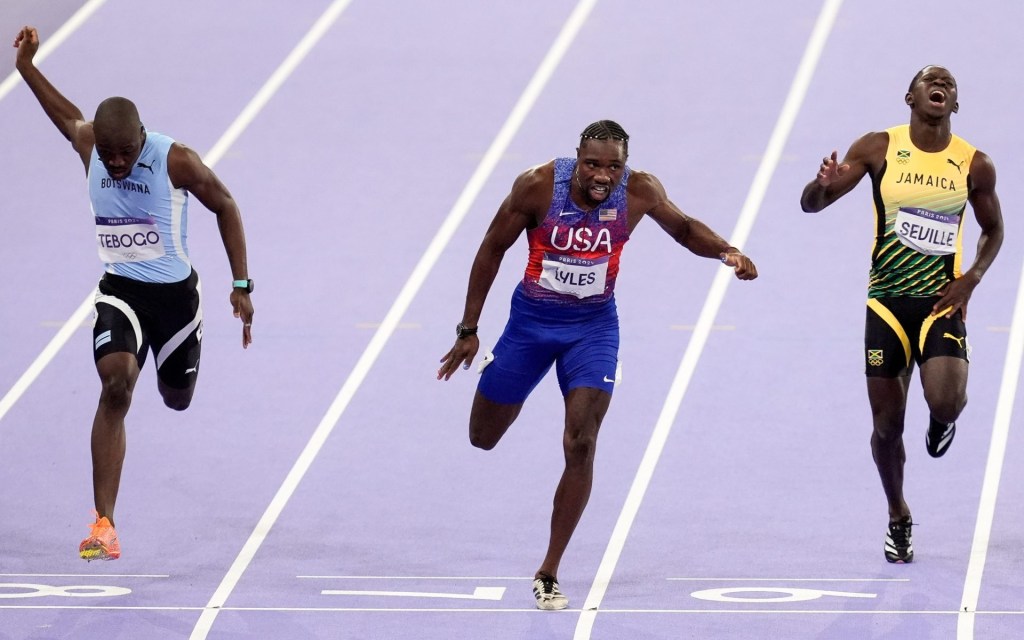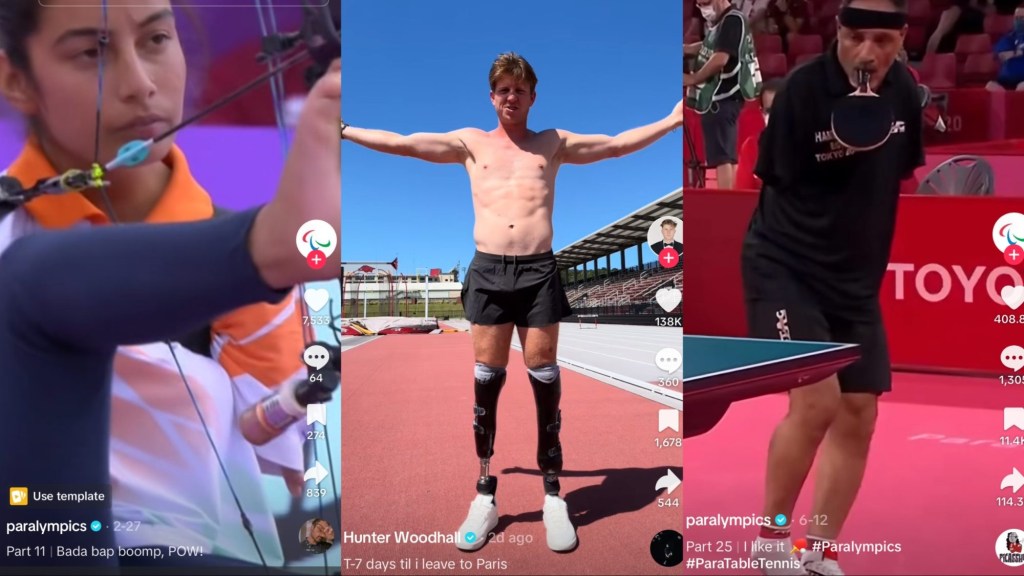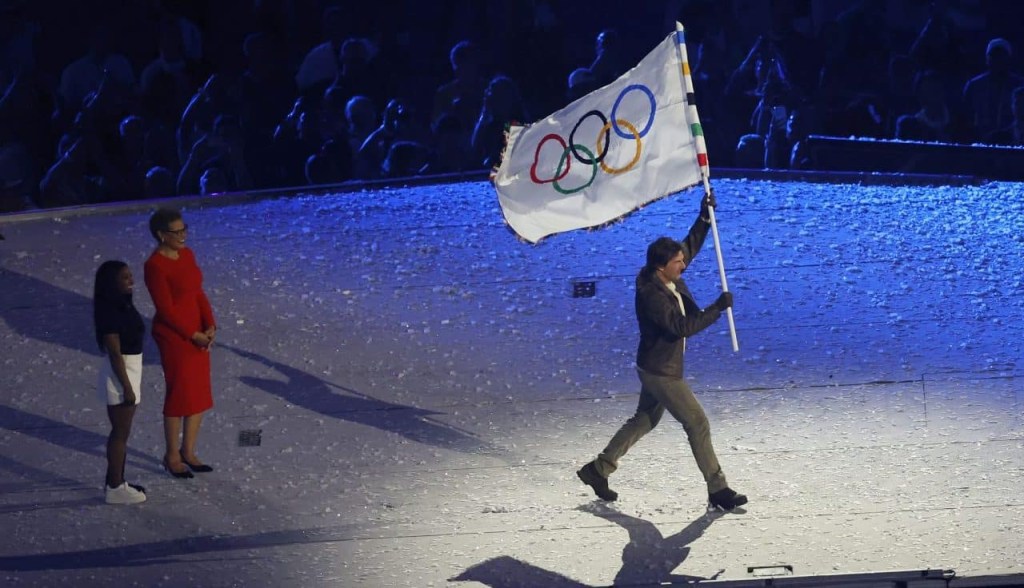Two-time Olympic gold medalist Caster Semenya will appeal to the European Court of Human Rights to attempt to reverse a ruling from World Athletics, the governing body for track and field, that would require her to take testosterone-suppressing measures to compete in her signature events.
“We will be taking World Athletics to the European Court of Human Rights, and public support goes a long way to help show how the rules from World Athletics are against public interest,” Semenya’s lawyer Greg Nott said in a statement on Nov. 17. “With growing support from institutions and bodies across the globe, we remain hopeful that World Athletics will see the error it has made and reverse the prohibitive rules which restrict Ms. Semenya from competing.”
World Athletics’ controversial rule, which took effect in 2019, limits testosterone levels for athletes with differences of sexual development in the women’s 400m, 800m and 1500m races to 5nmol/L.
Under the rule, Semenya — who is undefeated in the 800 since 2016 — would have to take drugs or undergo surgery to compete in those events.
“World Athletics has always maintained that its regulations are lawful and legitimate, and that they represent a fair, necessary and proportionate means of ensuring the rights of all female athletes to participate on fair and equal terms,” the governing body has previously said.
The 29-year-old Semenya and her team have vowed to fight the rule, but she has switched to competing in the 200m in the interim in order to avoid the rule.
In September, Semenya lost an appeal with the Swiss Federal Tribunal after previously losing in Switzerland’s Court of Arbitration for Sport.
“Excluding female athletes or endangering our health solely because of our natural abilities puts World Athletics on the wrong side of history,” Semenya said after losing in the Swiss court. “I will continue to fight for the human rights of female athletes, both on the track and off the track, until we can all run free the way we were born. I know what is right and will do all I can to protect basic human rights, for young girls everywhere.”
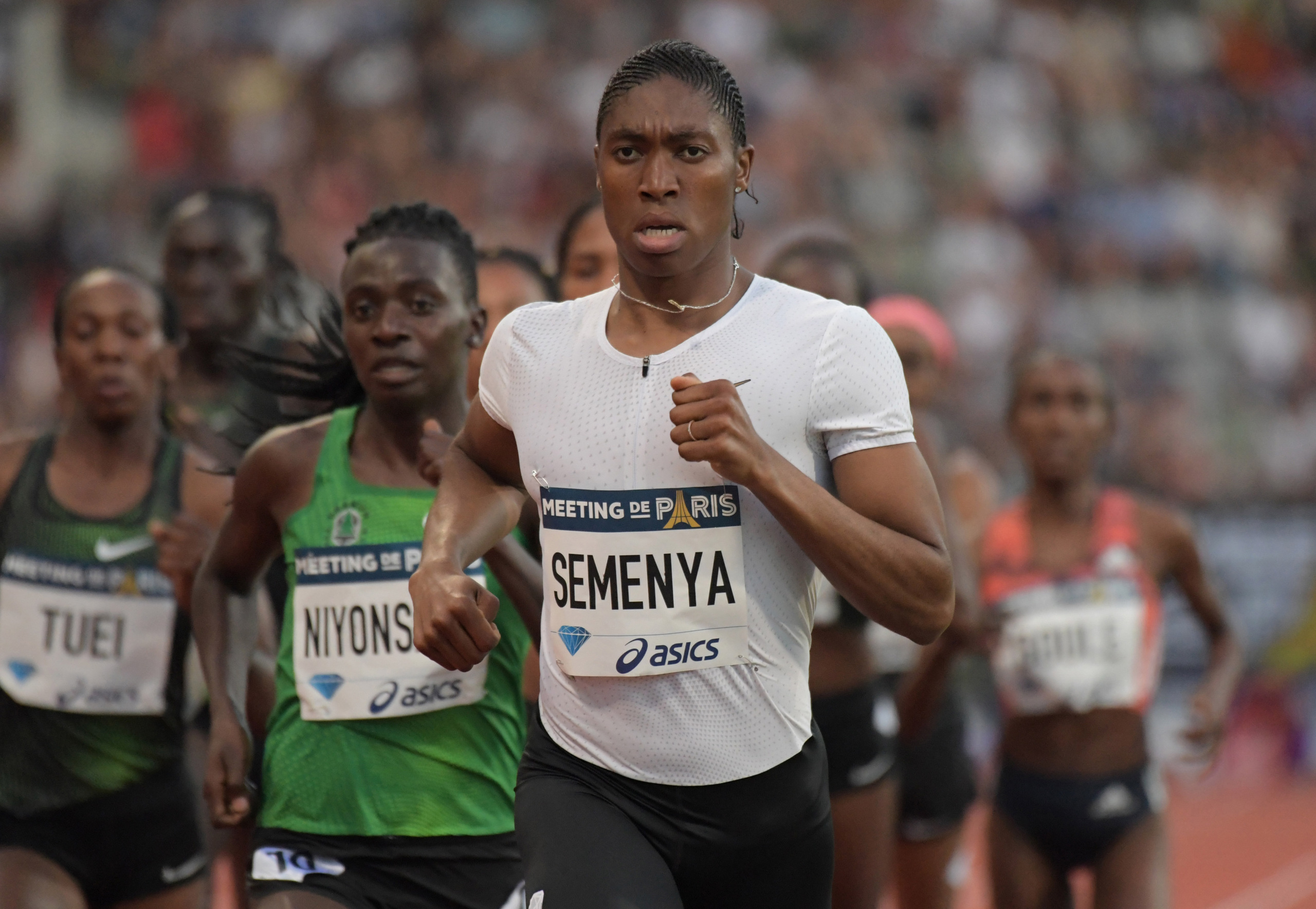


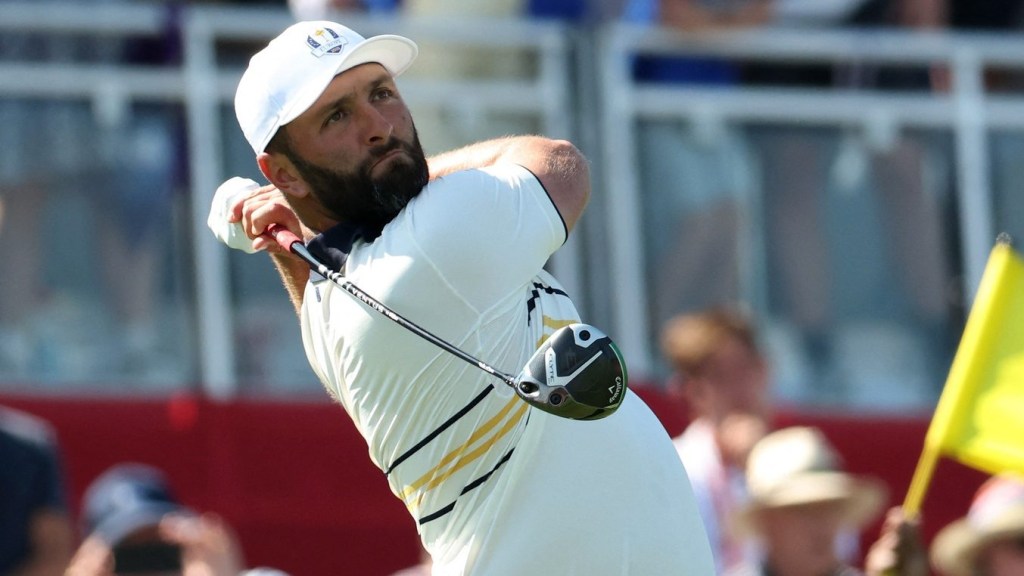
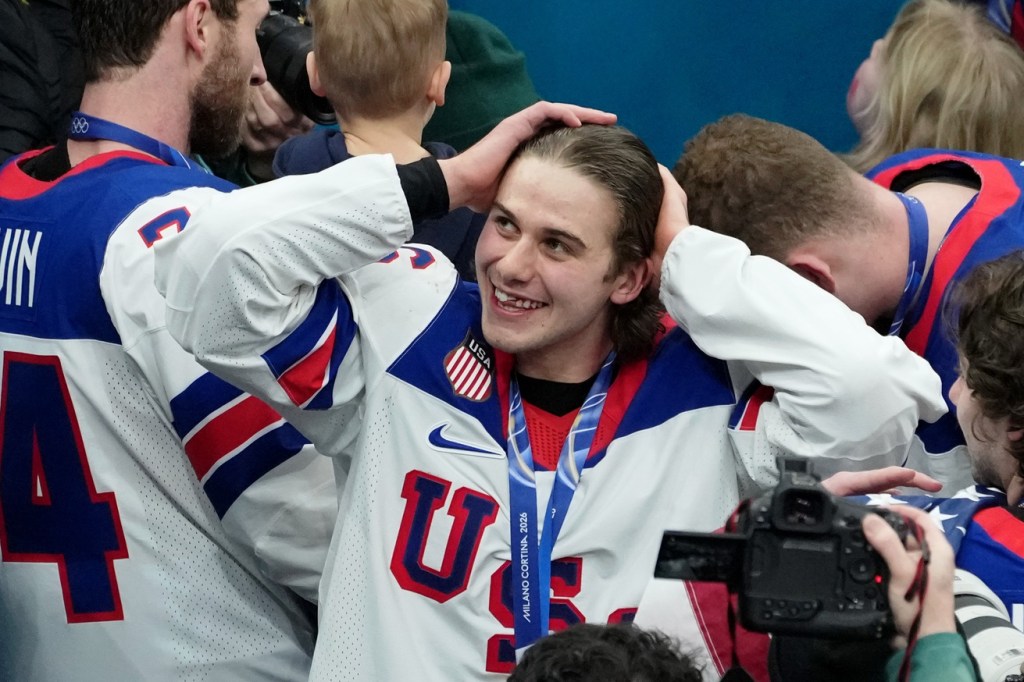
![[Subscription Customers Only] Jul 13, 2025; East Rutherford, New Jersey, USA; Chelsea FC midfielder Cole Palmer (10) celebrates winning the final of the 2025 FIFA Club World Cup at MetLife Stadium](https://frontofficesports.com/wp-content/uploads/2026/02/USATSI_26636703-scaled-e1770932227605.jpg?quality=100&w=1024)




